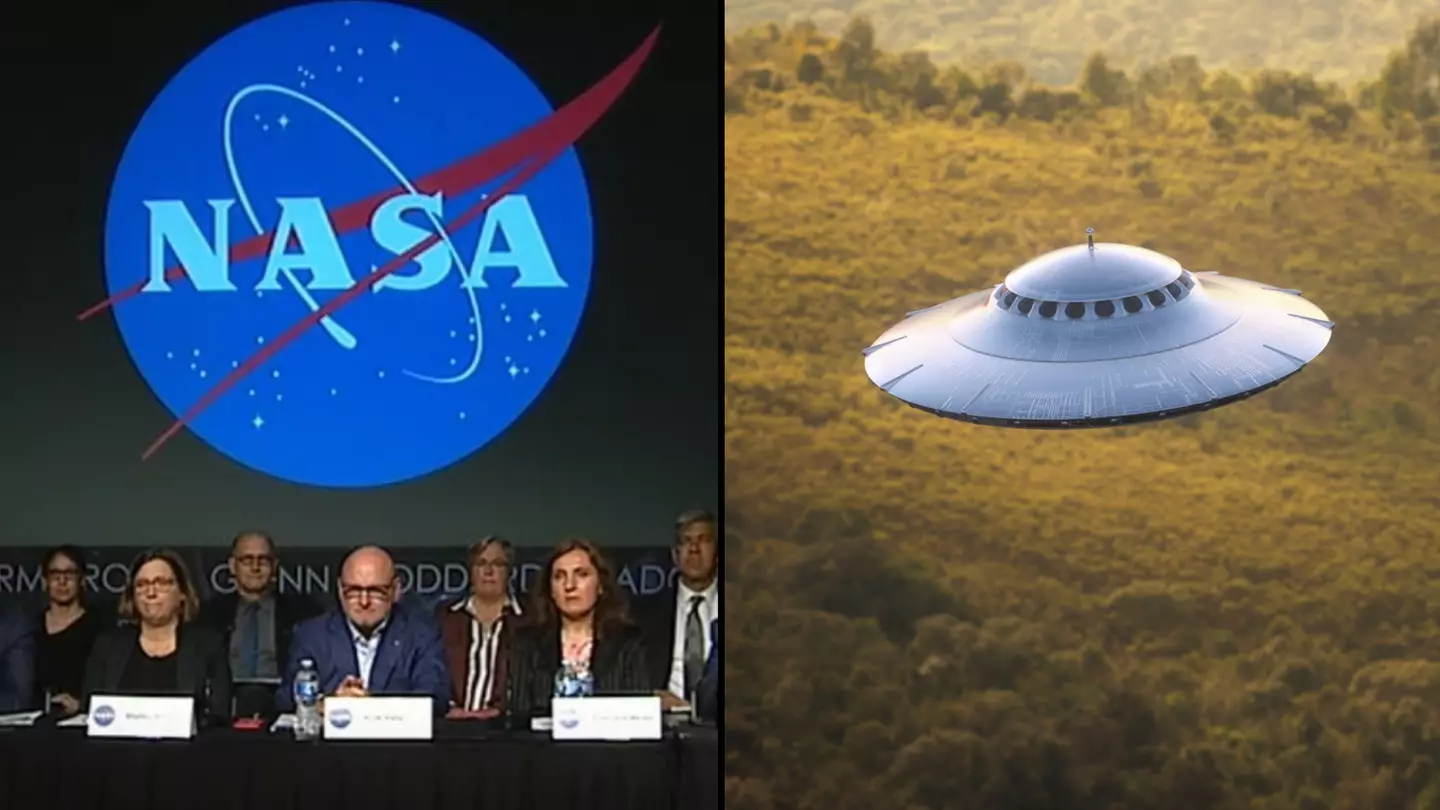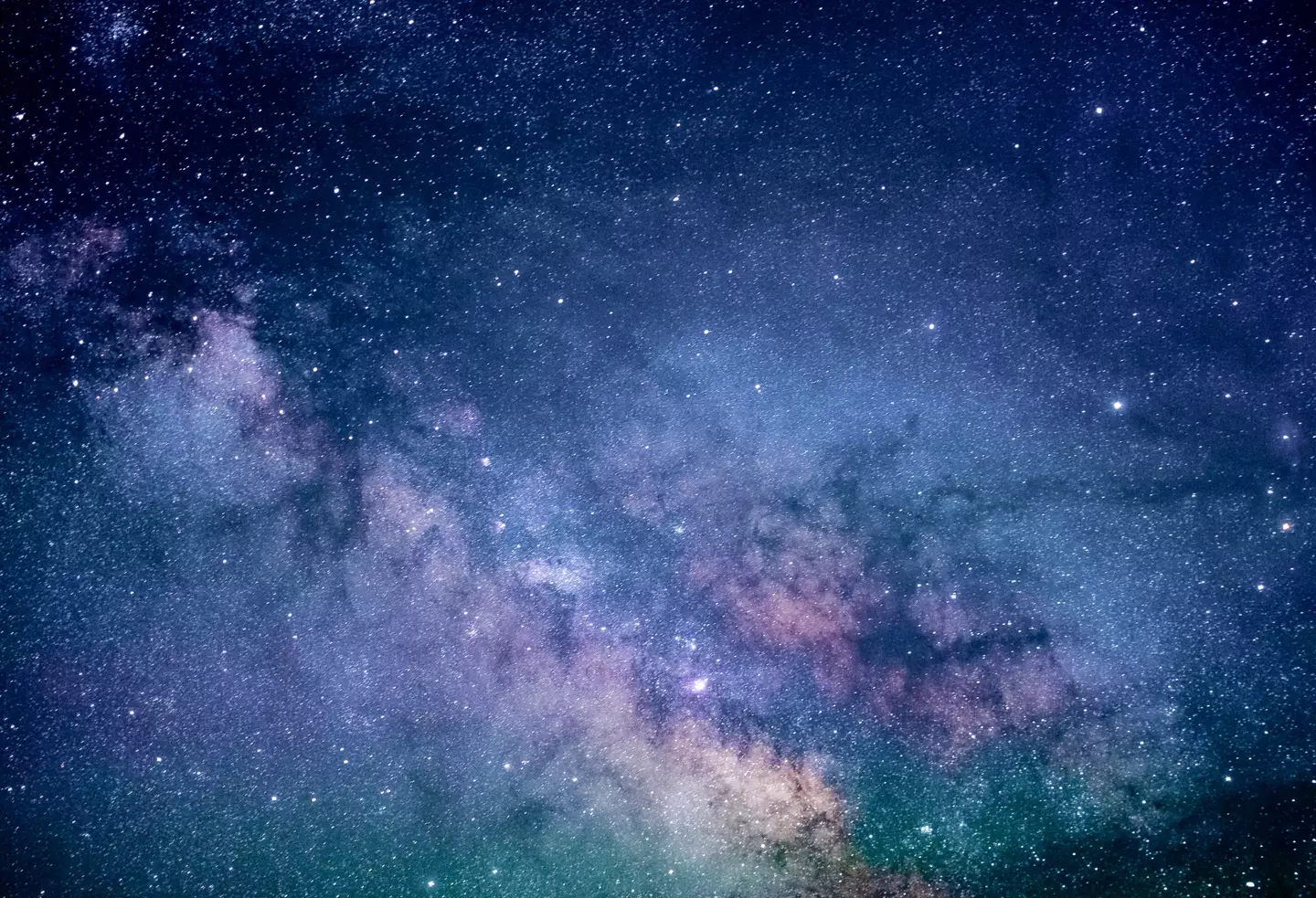
The United States government agency NASA has released its report on Unidentified Anomalous Phenomena (UAP) in a media briefing today (14 September).
The findings on UFOs come after an announcement in October last year that NASA would form an independent study team to look into sightings of objects in the sky that can’t be definitively explained.
There is hope that the findings that were released today will help shed some light on all the conspiracy theories and sightings reported over the decades. Although some people may be disappointed with the findings offered, others may be happy with NASA’s openness.
Advert
As things stand, the study team concludes that it does not have enough data to make definitive conclusions about the nature of UAP.

However, the team believes that NASA can play a leading role in collecting and analyzing UAP data, which could help to better understand these phenomena.
The team also believes that it is important to reduce the stigma associated with UAP reporting, so that people feel comfortable coming forward with information about these sightings.
Advert
For instance, NASA is no longer officially using the term 'UFO' in its main communications around the subject of unidentified flying objects in the sky.
Instead, the US-based space agency uses the far less catchy name 'unidentified anomalous phenomena' (UAP). This is because the term UFO has negative connotations for discredited conspiracy theories.
Today's report explicitly mentions UAP sightings, although it offers little in the way of an explanation for why so many had been spotted of late. Nicola Fox, the associate administrator of NASA’s Science Mission Directorate, opens the report by saying that UAPs are “one of our planet’s greatest mysteries”.
“Observations of objects in our skies that cannot be identified as balloons, aircraft, or natural known phenomena have been spotted worldwide, yet there are limited high-quality observations,” she writes.
Advert
“The nature of science is to explore the unknown, and data is the language scientists use to discover our universe’s secrets.
“Despite numerous accounts and visuals, the absence of consistent, detailed, and curated observations means we do not presently have the body of data needed to make definitive, scientific conclusions about UAP.”
Before today, the NASA website said the organisation is committed to ‘exploring the solar system and beyond to help us answer fundamental questions about life beyond our home planet’.
This includes ‘studying the habitability of Mars’ and ‘probing promising ocean worlds such as Titan and Europa', plus ‘identifying Earth-size planets around distant stars’.
Advert
The website continues: “"Our science missions are working together with a goal to find unmistakable signs of life beyond Earth.”
Plus, in an earlier essay on the NASA website, Neil deGrasse Tyson, an astrophysicist, said it would be "egocentric" of humans to believe we’re alone in the universe.
"At the moment, life on Earth is the only known life in the universe, but there are compelling arguments to suggest we are not alone," he says.
Advert
"Indeed, most astrophysicists accept a high probability of there being life elsewhere in the universe, if not on other planets or on moons within our own solar system.
"The numbers are, well, astronomical: if the count of planets in our solar system is not unusual, then there are more planets in the universe than the sum of all sounds and words ever uttered by every human who has ever lived.
"To declare that Earth must be the only planet in the cosmos with life would be inexcusably egocentric of us."
Meanwhile, a NASA scientist said last month that she’s ‘absolutely certain’ there’s alien life in our Solar System, and they’re most likely hiding on Venus.
LADbible are on WhatsApp! We've launched a dedicated news channel to send you the latest news, features and plenty more directly on WhatsApp - all you need to do to sign up is click through to our one-way broadcast channel HERE for 'LADbible News' to appear in the 'Updates' tab on your WhatsApp.
Featured Image Credit: Pics: NASA Getty Stock PhotoTopics: NASA, Space, Technology, US News, UFO
